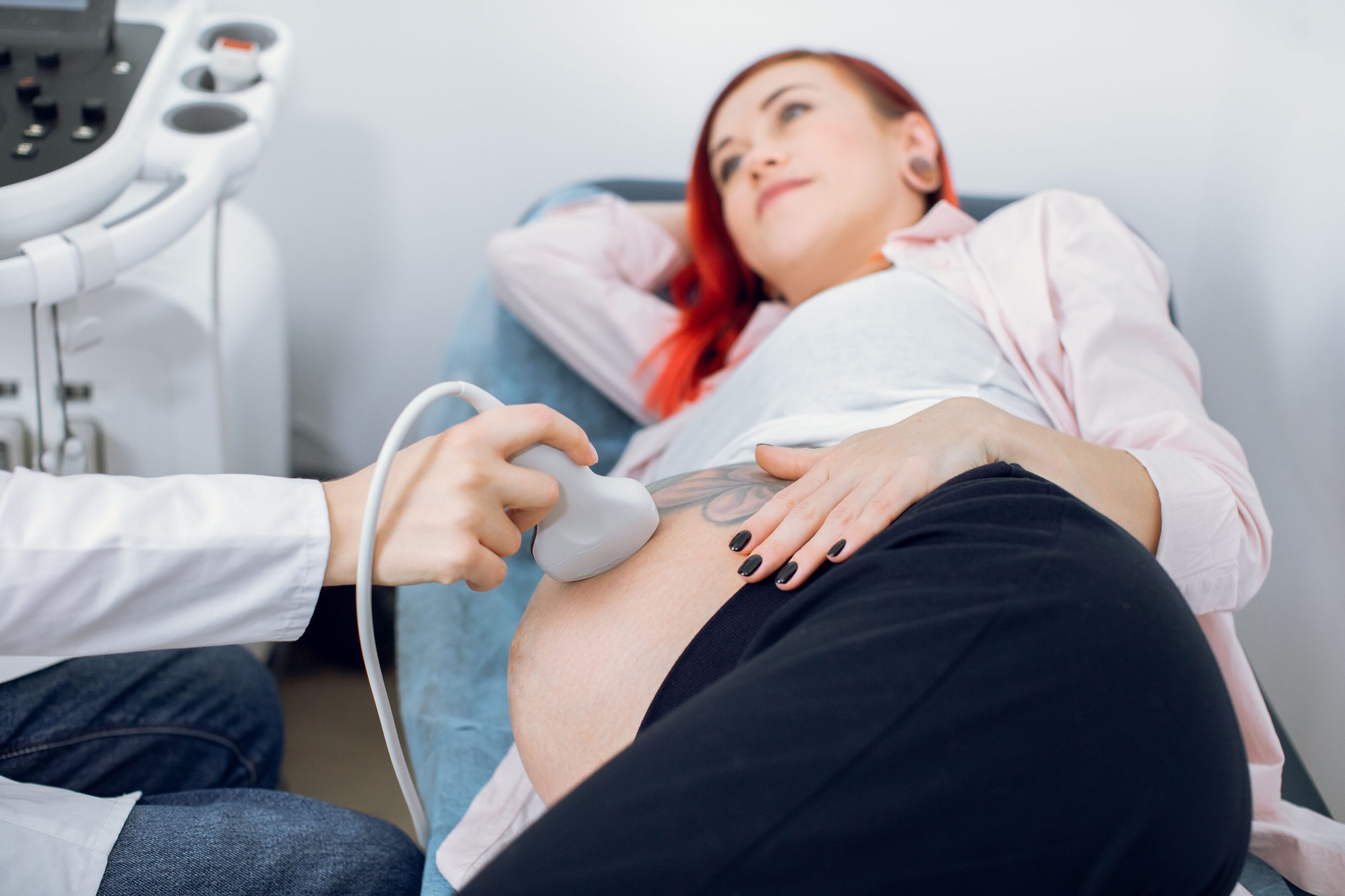Many breastfeeding mothers wonder if getting a tattoo could impact their baby’s health. Let’s explore the considerations involved in making this decision.
A tattoo involves injecting ink into the dermis layer of the skin using needles. While the procedure is generally safe when performed in a reputable establishment, breastfeeding mothers have additional factors to weigh, such as the risk of infection, allergic reactions, and whether any substances in tattoo ink could affect breast milk.
Here, we’ll address the key points for mothers deciding whether to get a tattoo or managing one they’ve recently gotten.
What to Know Before Getting a Tattoo
Understanding the Risks
Although the ink itself is unlikely to harm your baby, there are potential risks associated with getting a tattoo:
- Infection: A break in the skin can introduce bacteria, and an infection could complicate breastfeeding by causing discomfort or requiring medical treatment.
- Allergic reactions: Some individuals experience swelling, redness, or itching due to a reaction to tattoo ink. Severe reactions might make breastfeeding uncomfortable.
- Bloodborne diseases: While rare in professional settings, there’s a small risk of contracting infections like hepatitis B, hepatitis C, or HIV if equipment isn’t properly sterilized.
Choosing a Tattoo Studio
For breastfeeding mothers, selecting a reputable tattoo studio is essential. Look for establishments that:
- Are licensed and adhere to strict hygiene standards.
- Use sterilized equipment and disposable needles.
- Have experienced artists who understand the unique needs of breastfeeding clients.
Tattoo Location and Comfort
The location of the tattoo matters for breastfeeding moms:
- Avoid placing tattoos on or near the breasts, as nursing sessions could put pressure on a fresh tattoo, causing discomfort.
- Steer clear of areas that might come into direct contact with your baby’s skin to reduce the risk of irritation or infection transfer.
Timing: Should You Wait?
While there’s no strict rule about waiting until after breastfeeding to get a tattoo, many professionals suggest delaying the procedure until your baby is 9–12 months old. At this stage, breastfeeding may be less frequent, and the baby might rely less on breast milk for nutrition.
Consult Your Healthcare Provider
Before getting a tattoo, consult your healthcare provider for personalized advice. They can assess your health history, breastfeeding journey, and any medical concerns, offering guidance on how to minimize risks and monitor for adverse reactions.
What to Do After Getting a Tattoo
Aftercare Tips for Breastfeeding Moms
Proper aftercare is essential for healing and minimizing risks:
- Keep it clean: Follow your tattoo artist’s instructions carefully. Use mild, unscented soap to clean the area, avoid soaking the tattoo in water, and protect it from direct sunlight while it heals.
- Moisturize carefully: Choose fragrance-free moisturizers to avoid skin irritation. Be cautious if the tattoo is near the chest to prevent your baby from coming into contact with the area.
- Watch for infection: If you notice redness, swelling, pain, or pus, consult a healthcare provider immediately. Early intervention can prevent more serious complications.
- Stay hydrated and rested: Breastfeeding can be demanding, so support your immune system by drinking plenty of water and getting adequate rest.
The Healing Process and Breastfeeding
The healing process for a tattoo takes several weeks. During this time:
- Your body will focus resources on repairing the tattooed skin, which might temporarily affect your energy levels or immune function.
- Eating a healthy, balanced diet and staying hydrated can aid in both tattoo healing and milk production.
In rare cases, an infection at the tattoo site could require antibiotics, which might impact breastfeeding. Discuss potential medication needs with your healthcare provider and ensure they are compatible with breastfeeding.
Conclusion
Getting a tattoo while breastfeeding can be safe with the right precautions. Prioritize your health by choosing a reputable tattoo artist, maintaining strict hygiene, and consulting healthcare professionals as needed. The decision to get a tattoo is personal, and every mother’s situation is unique. With proper planning and care, you can minimize risks and make the choice that’s best for you and your baby.








